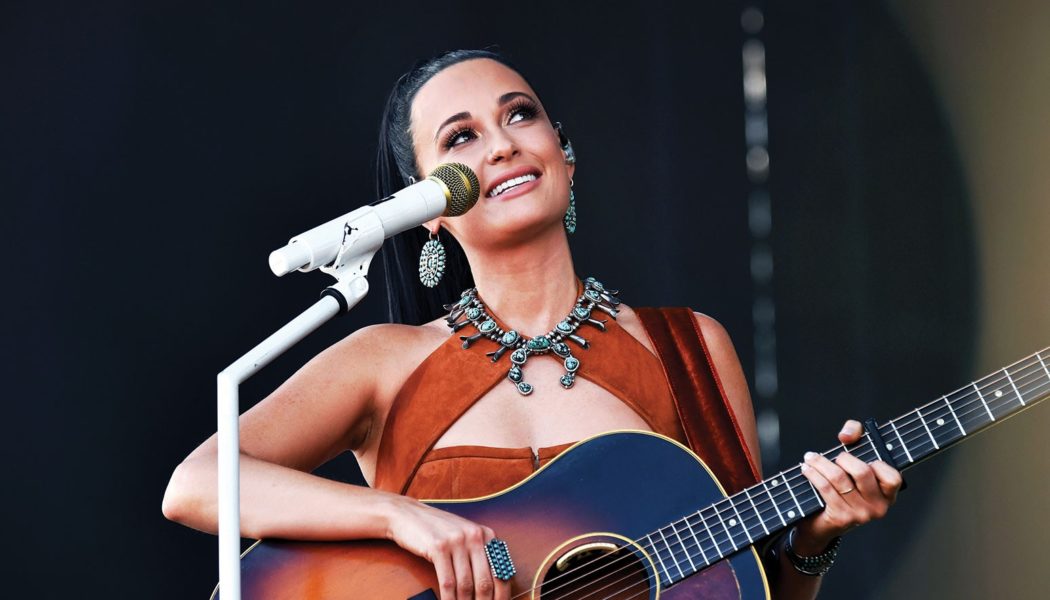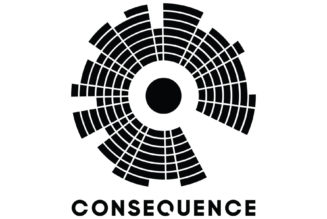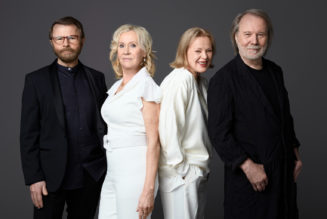
This kind of arrangement is growing more common to the point that every big Nashville label now works with a pop counterpart. Sony Music Nashville has teamed with RCA Records to promote several acts including Tenille Townes and Kane Brown, who has released songs with several acts on RCA’s pop roster, including Khalid and H.E.R. At first, Brown’s deals were renegotiated per song, but as it became clearer that the country star would continue to delve into pop, SMN and RCA now have a “broader partnership” for the “Be Like That” singer, says SMN executive vp/COO Ken Robold. “Basically it was [RCA Records COO John] Fleckenstein and I coming up with what we thought was a fair deal.” While he wouldn’t give specific percentages, Robold says RCA is “incentivized to work Kane beyond just a [specific] pop song because it benefits us all as [part of] Sony.”
Warner Music Nashville maintains an open pipeline to work crossover hits with Warner Records, which has brought Dan + Shay and Gabby Barrett pop and adult contemporary success.
The idea is that sharing expertise will help find more fans and money to go around. The particulars of how to split the revenue differ with each deal, from moving around a few percentage points for services provided to joint ventures with an even split. Then there’s the issue of market-share designation, which sources say can vary wildly but is usually connected to label ownership of the primary deal. However, everything is negotiable: Radio share is usually easily split by genre, but there are no set rules for dividing market share, especially if the participating labels are not owned by the same company.
Such deals aren’t new. Big Machine partnered with Republic Records to help turn Taylor Swift into a pop phenomenon, and in the ’90s, country labels worked with pop counterparts to bring acts like Shania Twain and LeAnn Rimes to a mainstream audience. But streaming has changed the game, as has an expansive approach to country music that incorporates pop sounds.
“It used to be the principal way to [reach an audience] was through radio, which was very segmented” by genre, says Fleckenstein. “Now I just need to get in the ears of the people who might like it … I don’t care whether that fan is in Nashville or New York — I’ve got to find the people who can reach those fans.”
While partnering with a sister label can be easier logistically and financially because shared systems are already in place, record companies are also finding allies with labels they share distribution with and even without in the effort to broaden an act’s reach. Rebel Music/Geffen Records have partnered with Big Machine Label Group’s Valory Music on promoting Kidd G to country in a deal that came about after Big Machine’s chairman/founder Scott Borchetta reached out to the labels after he had initially tried to sign the 18-year old country/hip-hop artist, who built an audience on TikTok and Soundcloud. Valory will now support Kidd G at country radio (single “Summer in a Small Town” is at stations now), country digital service providers, internationally and marketing to other country partners.
“It’s a fairly egoless operation where everyone is collaboratively working,” Geffen GM Lee L’Heureux says of divvying up duties between labels. “What’s great about it is we approach it from two different spaces, so each team can push each other a little bit. It’s great.”
Geffen and Big Machine share UMG as distributor. Similarly, BMG’s Broken Bow Records, which is distributed by Warner Music Group’s Alternative Distribution Alliance, and Warner Records have worked Blanco Brown together; the pop division is now pushing Brown and Parmalee’s Country Airplay No. 1, “Just the Way,” to pop with a Bryce Vine remix.
Big Loud and Republic formed a joined venture specifically to work Morgan Wallen and Lily Rose together, going so far as to assign distribution for the two acts or any other artist put through the deal to Republic parent, UMG. Big Loud acts traditionally go through Stem Music Distribution.
The deals are now flowing from more frequently from pop to country as well. In addition to Kidd G’s deal, RCA enlisted SMN to promote Elle King’s future output in an arrangement similar to Kane Brown’s. King started as a pop/rock artist, breaking through with her 2014 hit “Ex’s and Oh’s,” but has now migrated to country and duets with Miranda Lambert on their current hit, “Drunk (And I Don’t Want To Go Home).”
“As the song got more and more successful, we saw how it was leaning more and more country with regards to playlisting and the fanbase and we realized [SMN chairman/CEO] Randy Goodman and his team have the best reach with regards to the country audience,” Fleckenstein says. “We said ‘Let’s figure out an arrangement where we both benefit on the business side and get going.’ It’s ongoing based on Elle and her [musical] desires.” RCA also works with Triple Tigers to promote Cam to country audiences.
While these kind of partnerships seem like a no-brainer, there’s reason for Nashville labels to tread carefully: Country radio, which still plays a huge role in an artist’s success, has been notoriously possessive of acts and has often accused artists trying to crossover to pop of abandoning their base.
Barrett’s “I Hope” ended up being one of 2020’s biggest hits, topping Country Airplay and Country Songs, and then Adult Pop Songs and the all format Radio Songs chart with the aid of a Charlie Puth remix. But Warner Music Nashville waited to start the crossover efforts until country radio could claim it had discovered the singer-songwriter. It has taken a similar tactic with Dan + Shay, who have scored four Top 10 tracks on Adult Pop songs, including the duo’s duet with Justin Bieber, “10,000 Hours.”
“It’s a tough one, [but] I think they’re getting less precious about it,” Robold says of country radio. “What they want to know is, ‘Hey, are you invested in this artist for the long term or is this artist jumping ship?’ With more country programmers having come from the pop world, they’re a little more accustomed to it. That doesn’t mean it’s not challenging.”
“The backlash has never disappeared,” Borchetta adds. “There’s always going to be an eyebrow lifted. Radio is just hard, so anything that might look like a negative or a concern, becomes a hurdle that you much clear.”
Other times, it’s not the right time to make a move. Last fall, Republic made an initial soft effort to push Wallen’s “7 Summers” to pop based on its huge streaming numbers and then pulled it after pop radio stations didn’t bite. “For whatever reason, there were pop radio stations out there that didn’t want to embrace it,” Republic CEO Monte Lipman told Billboard earlier this year. “Well, we didn’t want to force it either.”
This story originally appeared in the Sept. 18, 2021, issue of Billboard.











